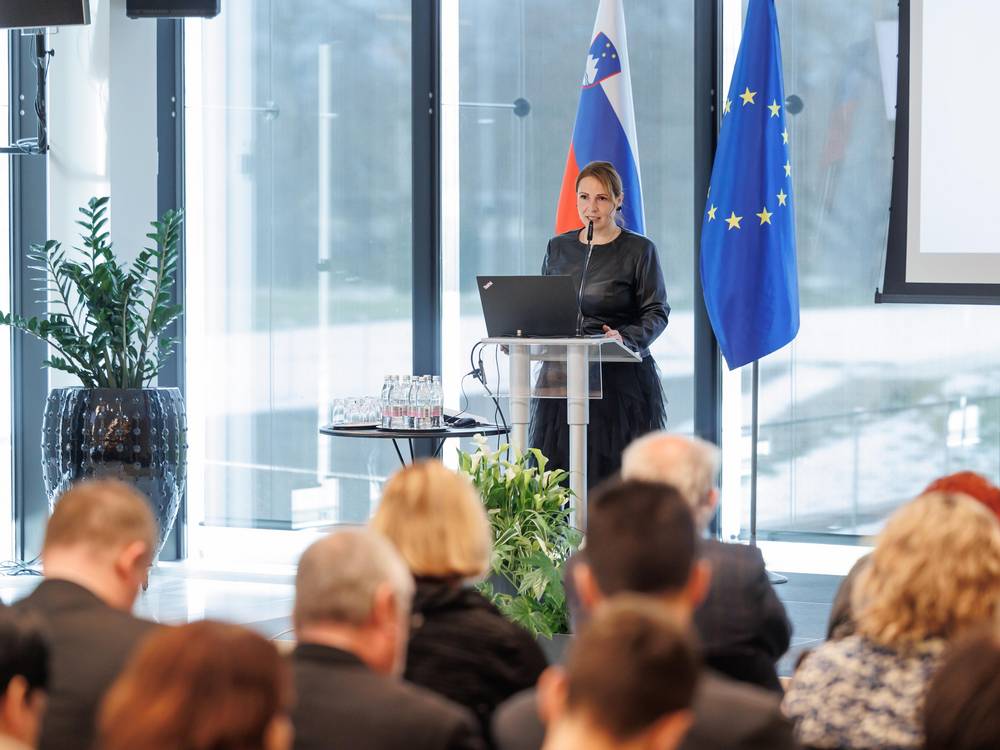On 2 February 2024, Deputy Ombudsman Dr Dijana Možina Zupanc presented the findings of the institution of the Ombudsman of the Republic of Slovenian on this issue at a consultation of the Ministry of Health, titled “Access to outpatient clinics at the primary level”.
The consultation at the Congress Centre in Brdo pri Kranju was initiated by the Ombudsman to find appropriate solutions in this area and promote inter-ministerial cooperation. Dr Možina Zupanc, Deputy Ombudsman, said that the institution of the Ombudsman has been observing difficulties in outpatient clinic access since the epidemic. “The complainants report that the electronic ordering systems do not work, that they are too complex to use, that the response time of clinics to emails is too long, and that even telephone calls are not answered. As the situation has not improved even after the epidemic, the Ombudsman sent a questionnaire to all healthcare centres in February 2023 to research the situation on the ground,” she said.
She pointed out that the Ombudsman has found that there are no uniform conditions and criteria for what constitutes good accessibility to health care providers, which makes it difficult to monitor or control the patients’ success in health care provider access. Large differences in response rates between primary care clinics were also identified. “It is unacceptable that the phones in the outpatient clinics ring out, that in many cases the calls are not returned, that outpatient clinics do not answer emails or messages on the individual portal they use to communicate with patients. The right to healthcare is a fundamental human right guaranteed by the Constitution. This is not something above standard, but the most basic right that comes from compulsory health insurance,” stressed the Deputy Ombudsman. She added that all citizens of Slovenia should have equal access to healthcare services and receive the necessary health care when they need it, as this is the foundation of the welfare state as defined in the Constitution.
The Ombudsman sent the Ministry of Health a summary of recommendations and opinions. On behalf of the institution of the Ombudsman, the Deputy Ombudsman expressed her expectation that all the competent authorities would work together to find solutions, address the issues properly, and find solutions that would ensure equal protection of human rights. “The consultation can certainly be an opportunity to find solutions to improve the accessibility of outpatient clinics at the primary level, as well as to transfer the good practices already in place in individual healthcare centres,” she said.

![[Translate to English:] Namestnica varuha dr. Dijana Možina Zupanc](/fileadmin/_processed_/e/f/csm_Namestnica_VCP_Brdot_88c2458086.jpg)
